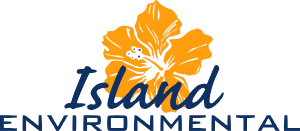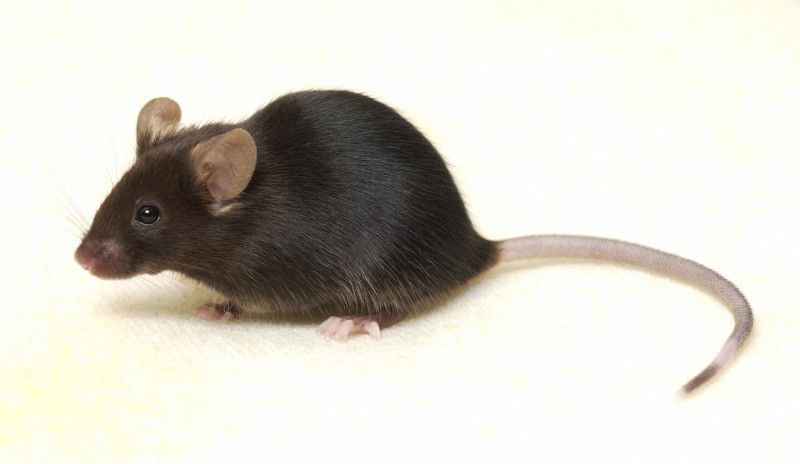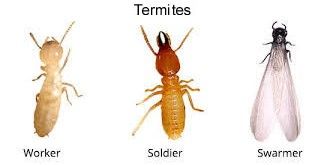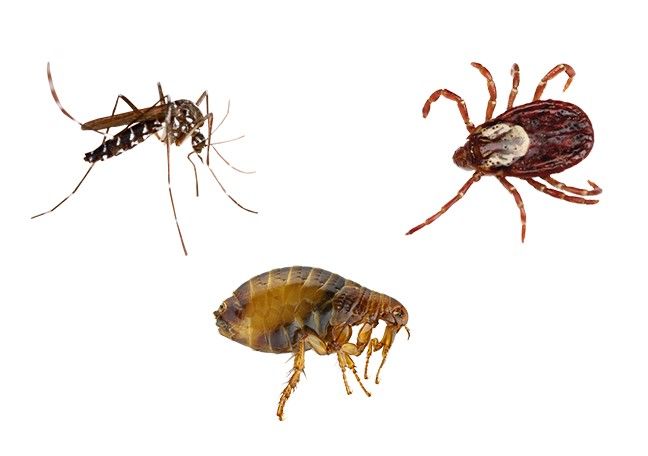Conehead termites
Back Conehead termites are an invasive species native to the Caribbean. They were first introduced to the U.S. in 2001. Originally called "tree termites," they were renamed conehead termites to alleviate the misconception that this pest is only found in trees. Though the species was believed to been eradicated in the U.S. in 2003, the Florida Department of Agriculture and Consumer Services (DACS) recently confirmed the reemergence of this pest in Broward County, Florida. Unlike most termites, the conehead termite does not rely on underground tunneling to travel. Instead, they forage on the ground like ants, allowing them to spread quickly. Conehead termites are an extremely aggressive termite species known for causing widespread property damage in a short period of time.
Conehead termites are an invasive species native to the Caribbean. They were first introduced to the U.S. in 2001. Originally called "tree termites," they were renamed conehead termites to alleviate the misconception that this pest is only found in trees. Though the species was believed to been eradicated in the U.S. in 2003, the Florida Department of Agriculture and Consumer Services (DACS) recently confirmed the reemergence of this pest in Broward County, Florida. Unlike most termites, the conehead termite does not rely on underground tunneling to travel. Instead, they forage on the ground like ants, allowing them to spread quickly. Conehead termites are an extremely aggressive termite species known for causing widespread property damage in a short period of time.
Conehead termites
 Conehead termites are an invasive species native to the Caribbean. They were first introduced to the U.S. in 2001. Originally called "tree termites," they were renamed conehead termites to alleviate the misconception that this pest is only found in trees. Though the species was believed to been eradicated in the U.S. in 2003, the Florida Department of Agriculture and Consumer Services (DACS) recently confirmed the reemergence of this pest in Broward County, Florida. Unlike most termites, the conehead termite does not rely on underground tunneling to travel. Instead, they forage on the ground like ants, allowing them to spread quickly. Conehead termites are an extremely aggressive termite species known for causing widespread property damage in a short period of time.
Conehead termites are an invasive species native to the Caribbean. They were first introduced to the U.S. in 2001. Originally called "tree termites," they were renamed conehead termites to alleviate the misconception that this pest is only found in trees. Though the species was believed to been eradicated in the U.S. in 2003, the Florida Department of Agriculture and Consumer Services (DACS) recently confirmed the reemergence of this pest in Broward County, Florida. Unlike most termites, the conehead termite does not rely on underground tunneling to travel. Instead, they forage on the ground like ants, allowing them to spread quickly. Conehead termites are an extremely aggressive termite species known for causing widespread property damage in a short period of time.



.jpg )

